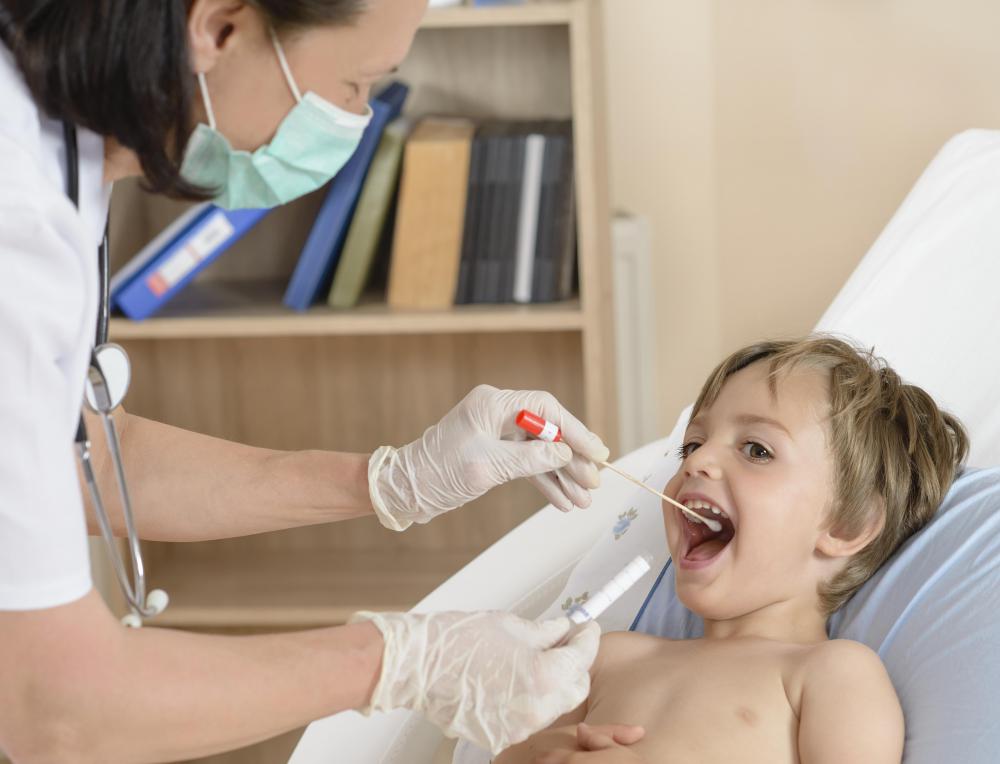At TheHealthBoard, we're committed to delivering accurate, trustworthy information. Our expert-authored content is rigorously fact-checked and sourced from credible authorities. Discover how we uphold the highest standards in providing you with reliable knowledge.
What is Parotitis?
The major salivary glands of the face, located behind the jaw, are called the parotid glands. These glands secrete an enzyme called alpha-amylase, which begins the process of breaking down starches as food is being chewed in the mouth. Very few medical conditions are associated with these glands; the most common is an inflammatory disease called parotitis.
Parotid gland inflammation is most often a result of infection. More rarely, the inflammation can be caused by an autoimmune disease. There also is a nonspecific form of parotid disease that causes chronic inflammation seemingly without any underlying cause.

Symptoms of the condition include painful swelling and redness of the skin over the gland. The pain is exacerbated by chewing, and the glands are tender to the touch. When the cause of the inflammation is a bacterial infection, saliva is often yellow in color and thicker than saliva secreted from a healthy gland. If the inflammation is not caused by infection, saliva might be normal or close to normal in color and viscosity.

Infectious parotid inflammation is commonly caused by viral infection with mumps, which often also causes fever, headaches and testicular swelling. Infectious parotitis also can be caused by a bacterial infection; in most cases the infectious agent is Staphylococcus aureus. People with HIV or tuberculosis have an increased risk of infectious parotid inflammation. These infections also can cause recurrent parotitis, in which the gland is constantly inflamed, or is susceptible to repeat episodes of infection.

While some cases of recurrent inflammation are associated with infection, most occur in conjunction with autoimmune disease. When the inflammation has an autoimmune cause, the most likely condition is Sjogren’s syndrome. This disease usually develops in people age 40 to 60 but also can occur in children. Autoimmune parotid inflammation develops as a result of immune cells becoming sensitized to cells of the parotid gland. The immune system mounts an attack on parotid cells, causing chronic or recurrent inflammation.

Parotitis treatment usually is limited to providing relief from pain and tenderness of the parotid glands. When the inflammation is an isolated case caused by infection, sufficient treatment might include pain medication, proper hydration and the application of heat. In most cases, mumps infection resolves without any further treatment. If the inflammation is caused by bacterial infection, antibiotic treatment is often used in conjunction with symptomatic relief.

Chronic or recurrent cases of parotitis also can be treated in this way, if the episodes are not severe. Some people opt for surgery to remove or alter the chronically inflamed parotid glands, because of the highly unpleasant nature of chronic symptoms. The most common surgery performed for this condition is one in which the outer portion of the gland is removed, leaving intact the so-called deep lobe, which usually is not involved in infection.
AS FEATURED ON:
AS FEATURED ON:


















Discuss this Article
Post your comments